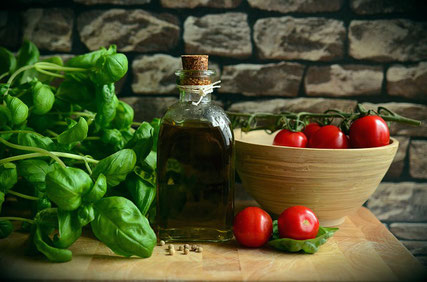
In last week's Southern Star, my 'Your Mental Health' column explored how novelty and variety make time seem to go slower, and how new experiences keep us fresh and help us to feel alive. The column is reproduced below.
Sometimes, time flies. You might look back on an event and say: time has flown, it’s hard to believe that was 10 years ago. Other times, the opposite is the case: a weekend might seem as long as a week, a week as long as a month.
What’s going on? What is influencing our perceptions of time?
Short answer: novelty. Variety really is the spice of life. The more novelty in your life, the longer it seems. That’s why a year in childhood seems so much longer than a year in adulthood. When you’re a child, you experience new things – new smells, sights, tastes, people, lessons – all the time. As you emerge from childhood, you don’t experience the same number of daily revelations, but most people experience more firsts – first romantic relationship, first job, first car, first time living away from home – in their younger years. All these new experiences elongate your perception of time. In contrast, we fall into familiar routines as we get older. The daily grind of work, the household chores that must be done – it’s easy for one day to blur into the next, so much so that at the end of the year you’re going, “where did the year go?”
For the same reason, time seems to go more slowly when you holiday in less familiar locations. You pay more attention to all the newness around you; you may experience more novelty in a day than you would in a month at home. To give a personal example, I recall a somewhat ambitious driving holiday abroad some years back. A typical day might have began with breakfast in some city hotel, hitting the road in a hire car, briefly stopping off in several picturesque old towns, and travelling long distances on the way to the next destination. Every day brought new landscapes and new experiences. It felt like a long holiday, as if I had been away forever. In fact, it was a brief break – I was away for only six nights.
Research confirms novel experiences seem like longer experiences. In one revealing experiment, participants were sat down in front of a computer. An image of a shoe was briefly flashed multiple times and a picture of a flower on just one occasion. Participants reported that the flower was shown onscreen for longer – in reality, all the images were shown for the exact same duration. The novelty of the flower image grabbed the brain’s attention, making it seem like time expanded as it was being viewed (continued below...)
CREATING NEW MEMORIES
'Monotony collapses time; novelty unfolds it', writes Moonwalking with Einstein author Joshua Foer. 'If you spend your life sitting in a cubicle and passing papers, one day is bound to blend unmemorably into the next – and disappear'. We remember events by positioning them relative to other events. 'I was doing Y in the first summer after I learned to drive', writes Foer. 'Z happened the weekend after I landed my first job'. That's why it's good to change routines regularly and to try and have as many new experiences as possible. Quite simply, 'creating new memories stretches out psychological time'.
Of course, novelty isn't always good. A middle-aged man could create new memories and introduce novelty into his life by leaving his wife and kids and hooking up on the other side of the world with someone half his age, but that wouldn't be wise. Similarly, companies exploit our desire for novelty by selling us things we don't need, but the buzz soon wears off.

However, it's a good idea to try and introduce a little more novelty into your life. That might mean holidaying somewhere new instead of returning to the same familiar haunts. It might mean taking more short breaks rather than opting for one longer holiday. It might mean going to a new bar or restaurant. It might mean varying your routine in any number of small ways – for example, varying where you walk, where you drive, what you eat, who you meet.
New experiences – even very small ones – keep us fresh and help us feel alive. 'The more we pack our lives with memories', to quote Joshua Foer again, 'the slower time seems to fly'.